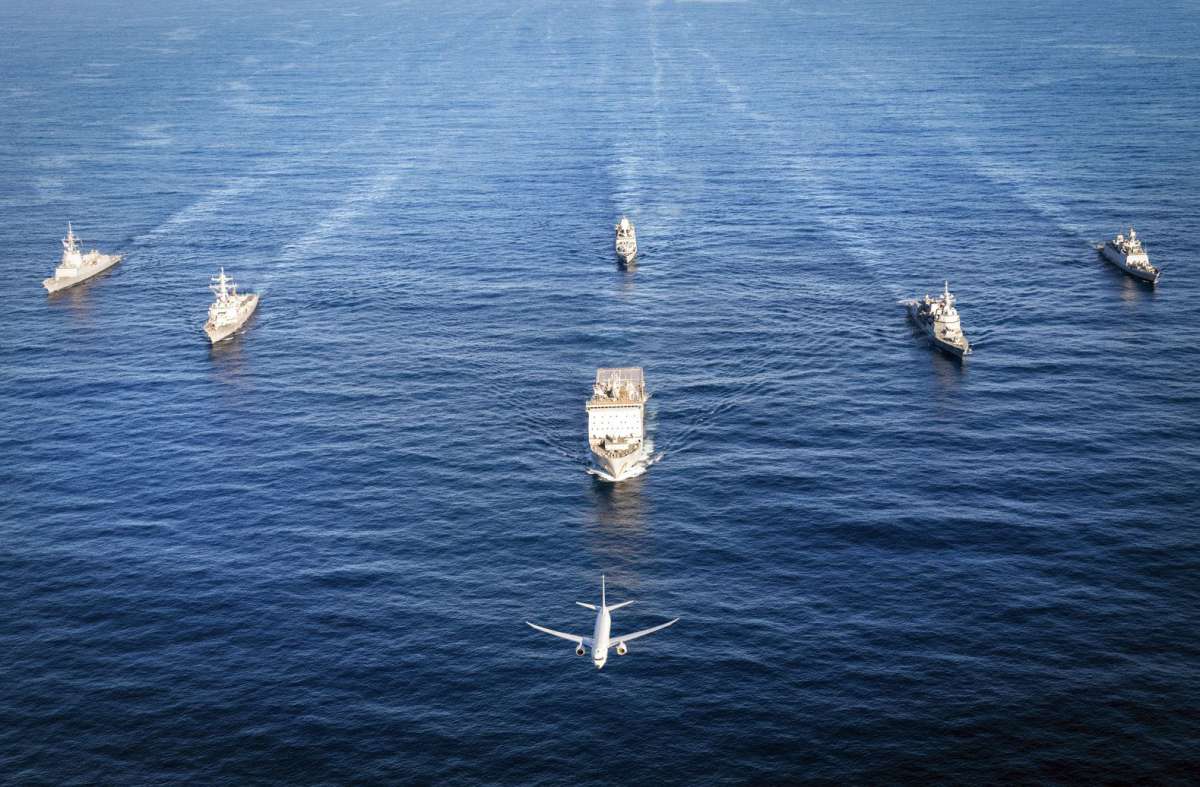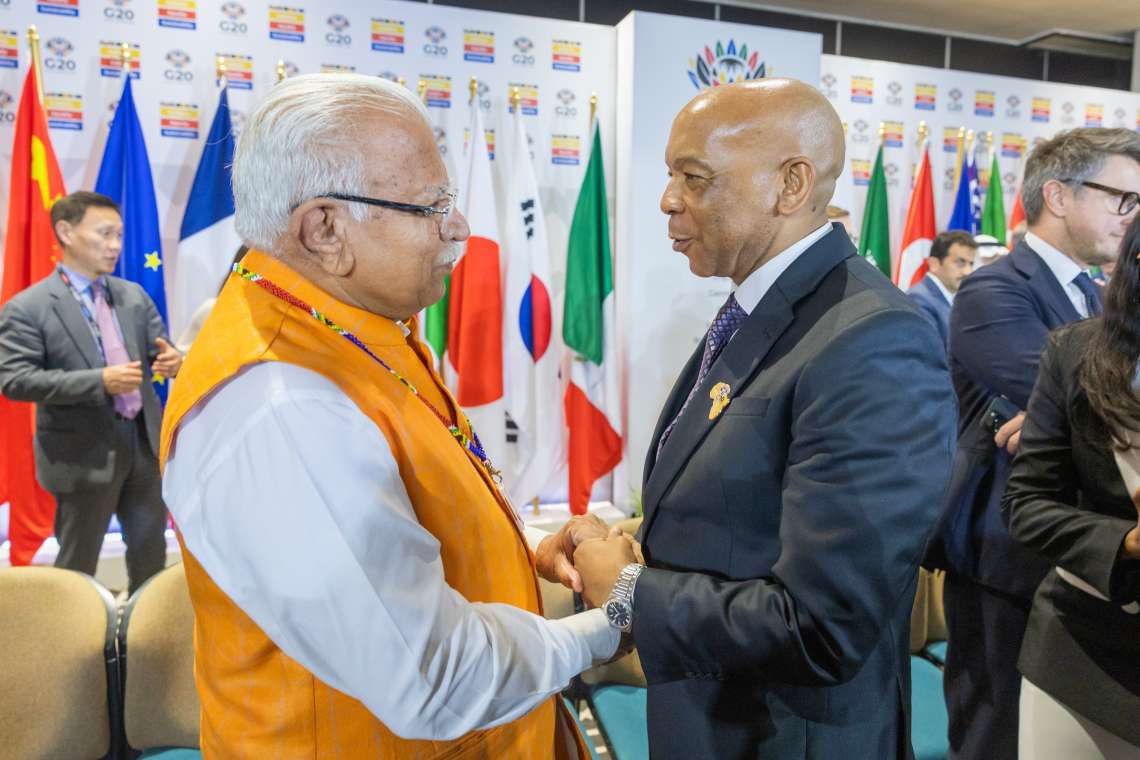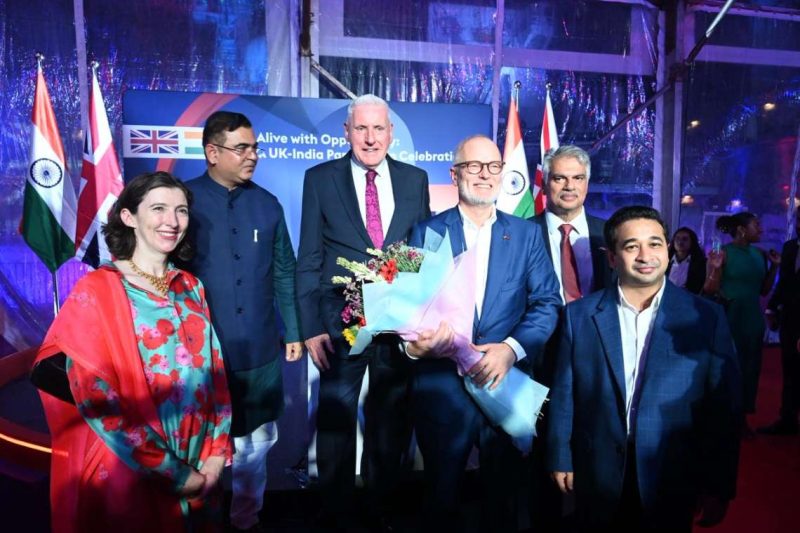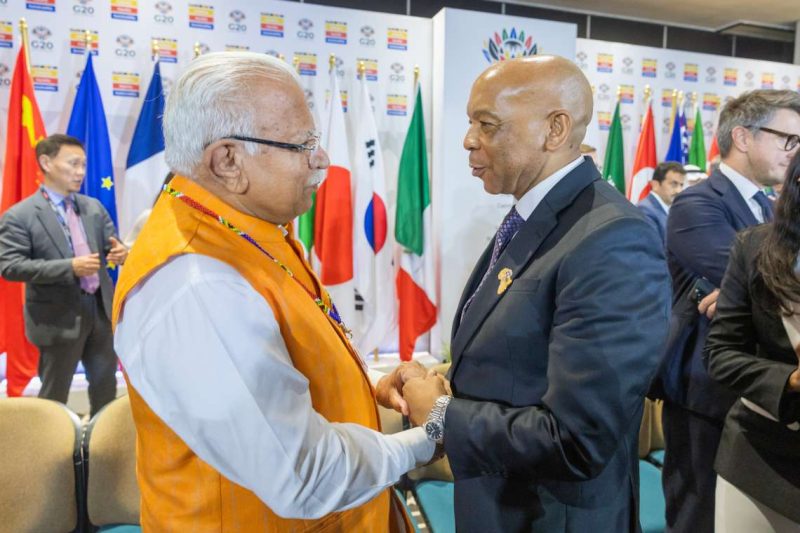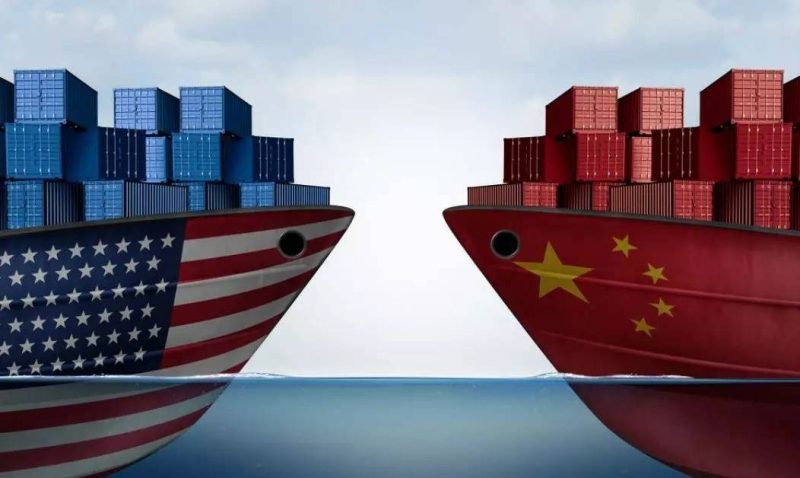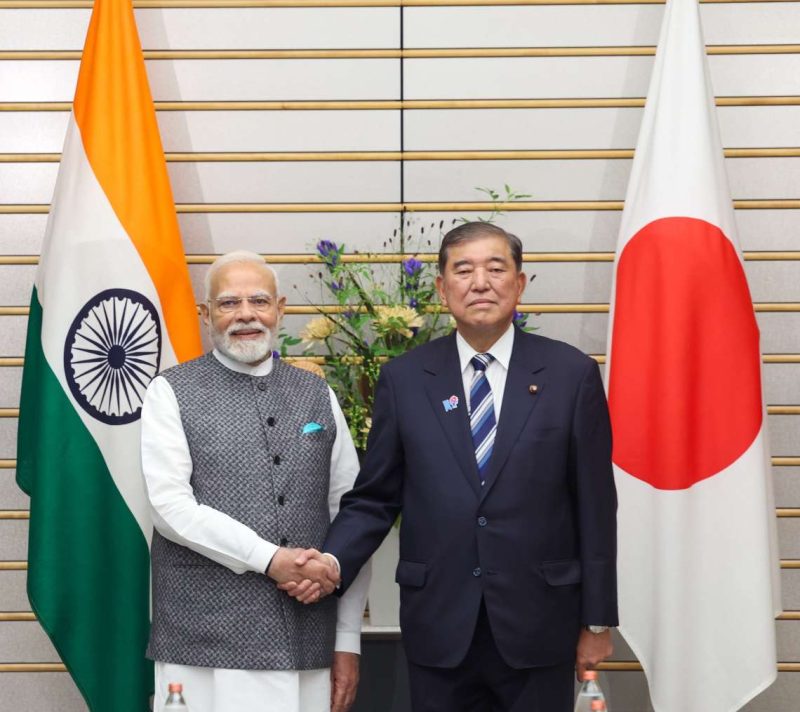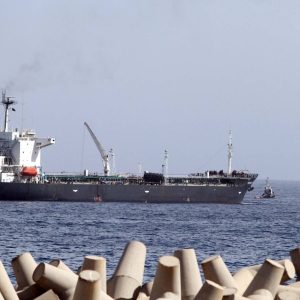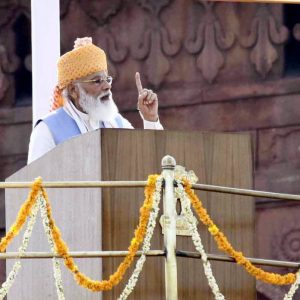Moves by India to fortify its kinetic capabilities vis-à-vis China are being closely followed within Southeast as well as East Asia, writes Prof. Madhav Das Nalapat
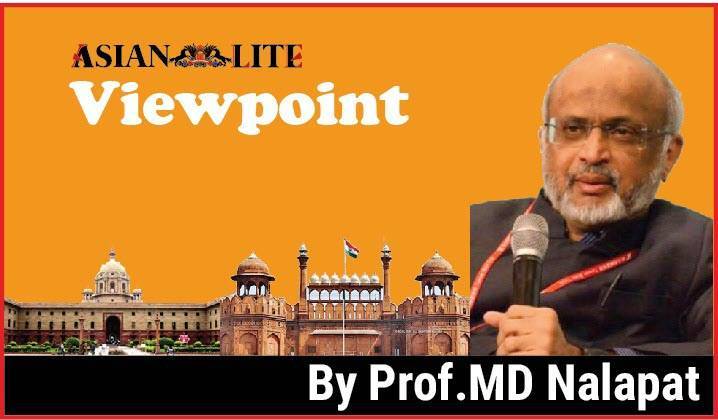
On land, sea, air and cyberspace, the Narendra Modi government is scaling up capabilities designed to halt and reverse efforts by the CCP leadership to grab territory and other rights at India’s expense. Since 2020, the buildup has succeeded in preventing another effort at land grabs of the kind that routinely took place in past times.
At the same time, largely as a consequence of the overreach and overload into society and governance by the Pakistan military, that country is slipping into a state of chaos and unrest. The change is that the people (as distinct from the elite) in several countries including Nepal and the Maldives are beginning to understand the predatory nature of the activities of the PRC on their soil.
Both External Affairs Minister Subrahmanyam Jaishankar and Defence Minister Rajnath Singh have now explicitly called out the Peoples Republic of China for its aggressive designs, a manner that has thus far been avoided by ASEAN members, with the exception of the Philippines under President Ferdinand Marcos Jr. New Delhi’s countervailing buildup of military and other defences against PRC expansionism.
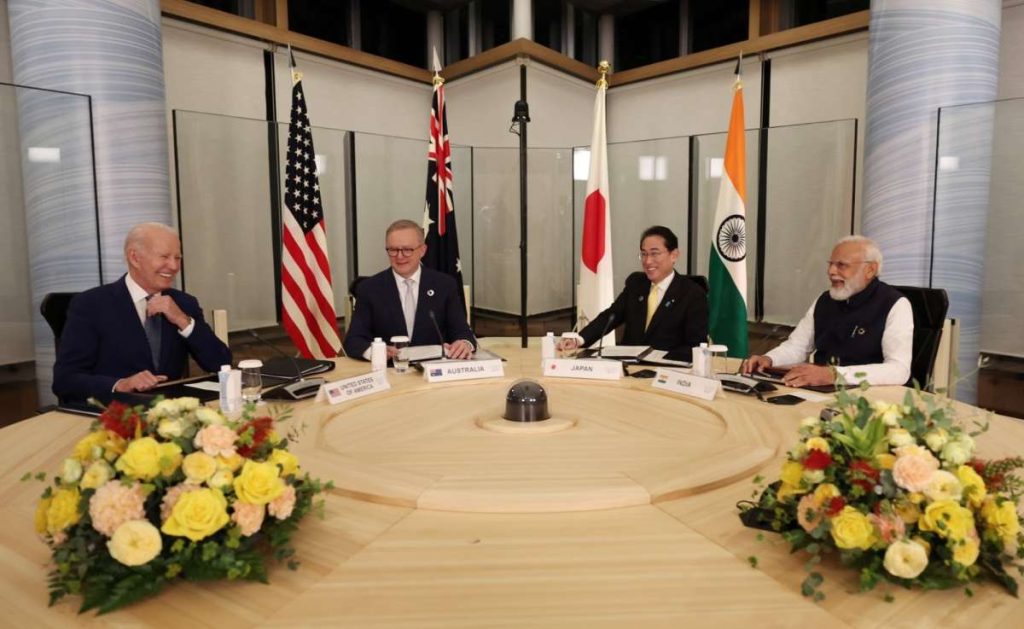
In the same way, Manila has been standing up to Beijing after having earlier (under President Obama) been abandoned by the US in the matter of control over its own islands and waters in the ASEAN Sea or ensuring that the PRC respect the international law of the seas.
Within the US, UK and the EU, a growing chorus of public concern about the activities of the PRC is forcing several CCP-leaning leaders (known for a combination of tough talk against China but meekness where action is concerned) into hardening their stances in public. This has not, however, stopped US Treasury Secretary Janet Yellen from reportedly asking President Biden to abolish or at least substantially lower the Trump tariffs on China, or the placatory calls of US and EU leaders on the CCP leadership.
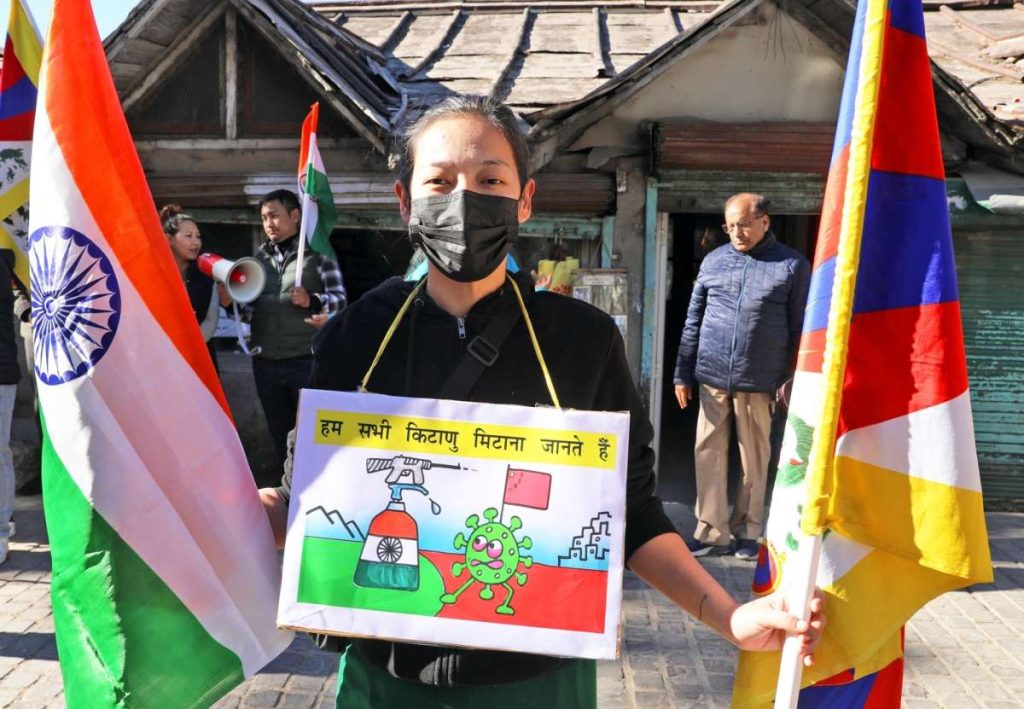
Amidst the dust and doubt of the intentions as distinct from words of the leaders of countries towards China in the Atlantic Alliance, what is clear is that public opinion is moving away from those who meekly accept PRC expansionist actions rather than take substantive action against such aggressive moves.
Moves by India to fortify its kinetic capabilities vis-à-vis China are being closely followed within Southeast as well as East Asia. Whether it be Japan, South Korea, Taiwan, Vietnam, the Philippines, Malaysia or Indonesia, countries on the Indo-Pacific are bracing for a probable kinetic confrontation with the PRC.
The world’s second largest economy has not just discarded Deng Xiaoping’s economic policies, but has reversed his preferred foreign policy of “speaking softly while carrying a big stick”. Under CCP General Secretary Xi Jinping, the People’s Republic of China is speaking loudly and assertively, and not just carrying but frequently using a bigger and bigger stick. As a consequence, the question facing its neighbours is no longer whether a confrontation is at hand, but when.
The Xi doctrine is to secure by bullying and intimidating where possible, and by force wherever necessary chunks of territory and other sovereign spaces of countries that the CCP General Secretary is targeting in his bid to expand the land, sea and other spaces that in the CCP view should constitute the PRC.
Once another bite into the territorial and other rights of a neighbouring country has been swallowed and digested, there follows a burst of sunshine diplomacy, designed to make the target country believe that the PRC has no interest in securing any further gains. Unfortunately for that country and for the stability of the Indo-Pacific in general, after a while, a fresh bite into the same country is made in the same way. Each such act of expansionist aggression and salami slicing gets followed after a while by soothing gestures that seek to mask the reality of.
The change in tone from wolf to lamb is to once again make the victim country believe the fiction that this would be the PLA’s last bite, and henceforwards, relations could resume on a cooperative track. Of course, such an illusion only until the next bite gets taken by the CCP. In the 1940s and the 1950s, Mao Zedong incorporated Tibet, Inner Mongolia and Xinjiang into the PRC. Xi would like to emulate the CCP’s founder in his incorporation of territory and other assets into the PRC.
While looking at grabbing more land from countries such as Bhutan, Nepal and India, Xi has already established near-total PLA occupation of the ASEAN Sea (incorrectly known as the South China Sea). As was the case with Germany in the early part of the 20th century, the vast lands of Russia are being looked at for future conquests of land. Since 2021, an increasing number of netizens in the PRC have been mentioning what they term as the “historical injustice of losing lands to then Czarist Russia” in what is presently Siberia, and about the need for “rectification” of frontiers, including the incorporation of Vladivostok into the PRC.
Given that such posts could not be going online, or even get composed, without a nod from elements in the CCP, it is clear that expansion to the north and not just to the south and east is the aim of PRC strategists. From 2016, more than three million PRC citizens, almost all of them Han, have moved across the PRC border into Russian territory. Over 600,000 of them have secured citizenship or long-term resident rights, many through marrying Russian women, and thereafter divorcing them for Chinese spouses once citizenship or long-term residency is obtained.
The PRC is the only major gainer in the proxy war between Russia and NATO that was ignited in 2022 by the entry of Russian troops into parts of Donetsk and Lugansk that had shaken off the hold of Kiev in 2014.
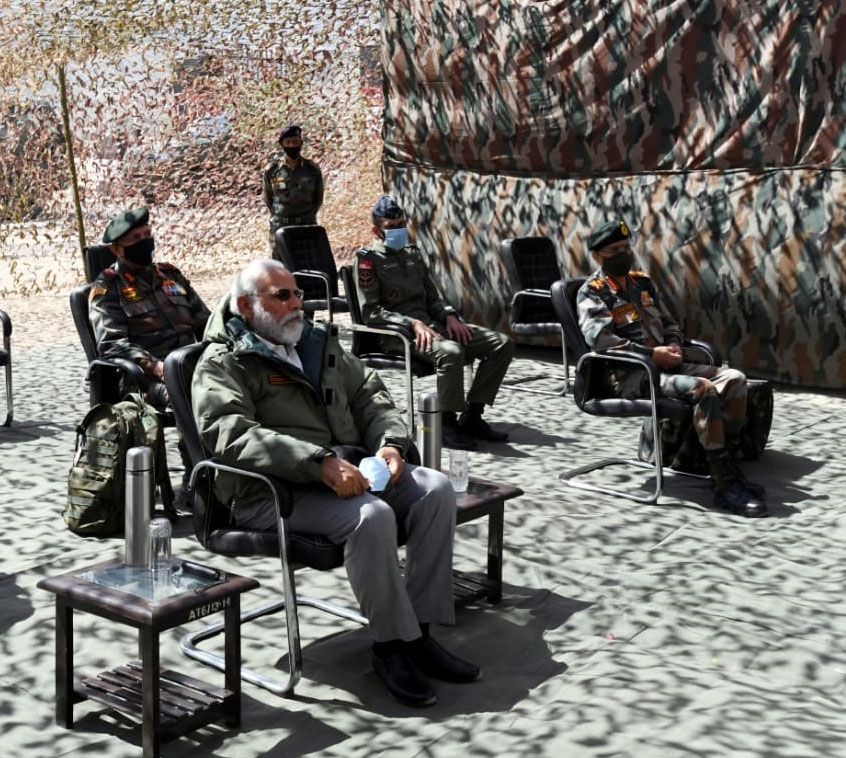
A forensic study of anti-Russian memes in countries that are members of NATO would show that several have their origins in groups that assist the CCP in gaining through disinformation its strategic objectives. In the case of Russia, this is to ensure that the US, UK and the EU continue on the Russia track set by the previous Cold War, in the process ignoring the onset of the second, which is with China.
Next is to ensure through strategic moves by western powers that the Russian Federation and its leadership be constantly in a state of destabilisation where external relations are concerned, such that a weakening of the governance structure takes place on a scale that would replicate the events of 1991, when the Soviet Union collapsed.
It is clear from his continued outreach to India under Prime Minister Narendra Modi that President Vladimir V. Putin is aware of such designs, and hence his refusal to join hands with Beijing in making moves that are unfriendly to India.
Within the Atlantic Alliance, over the decades the CCP has nurtured an influencer network that regards China in a what may be called an admiring Gung Ho manner, while reserving for India the condescending Gunga Din approach of Rudyard Kipling. Even US envoy to India Eric Garcetti began making remarks that seemed designed not to make US-India ties stronger but more shaky, although he seems to have walked away from such remarks subsequently.
Meanwhile, events on sea, land and air in West, South, East and Southeast Asia are making clear the essentiality of the Quad developing into a full-fledged security alliance. And that the central role within the western Indo-Pacific in a grouping designed to deter further acts of expansionism will be played by India under the leadership of Prime Minister Modi.


